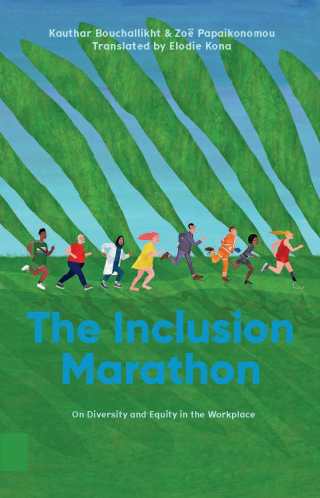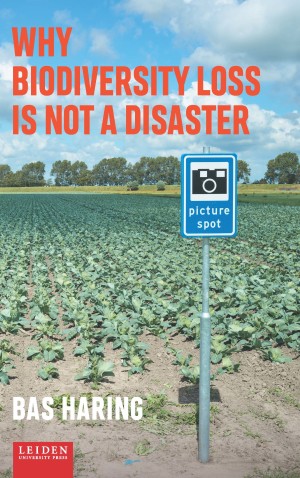"Everyone knows that species go extinct and biodiversity decreases. It seems obvious that this loss might have disastrous consequences. Maybe because of a cascading effect we will end up in a barren moonscape – and if that does not happen, we at the very least will remain dependent on biodiversity for food, health and well-being. This publication tries to remove some fear; there are no reasons to believe that biodiversity loss will cause any kind of disaster. Nature is not like a machine that stalls if parts are being removed: a collapse of nature is not looming. And although specific species are required for practicalities, this cannot be generalized to biodiversity overall. In this book Bas Haring argues that biodiversity loss is a pity, but not a disaster. "

